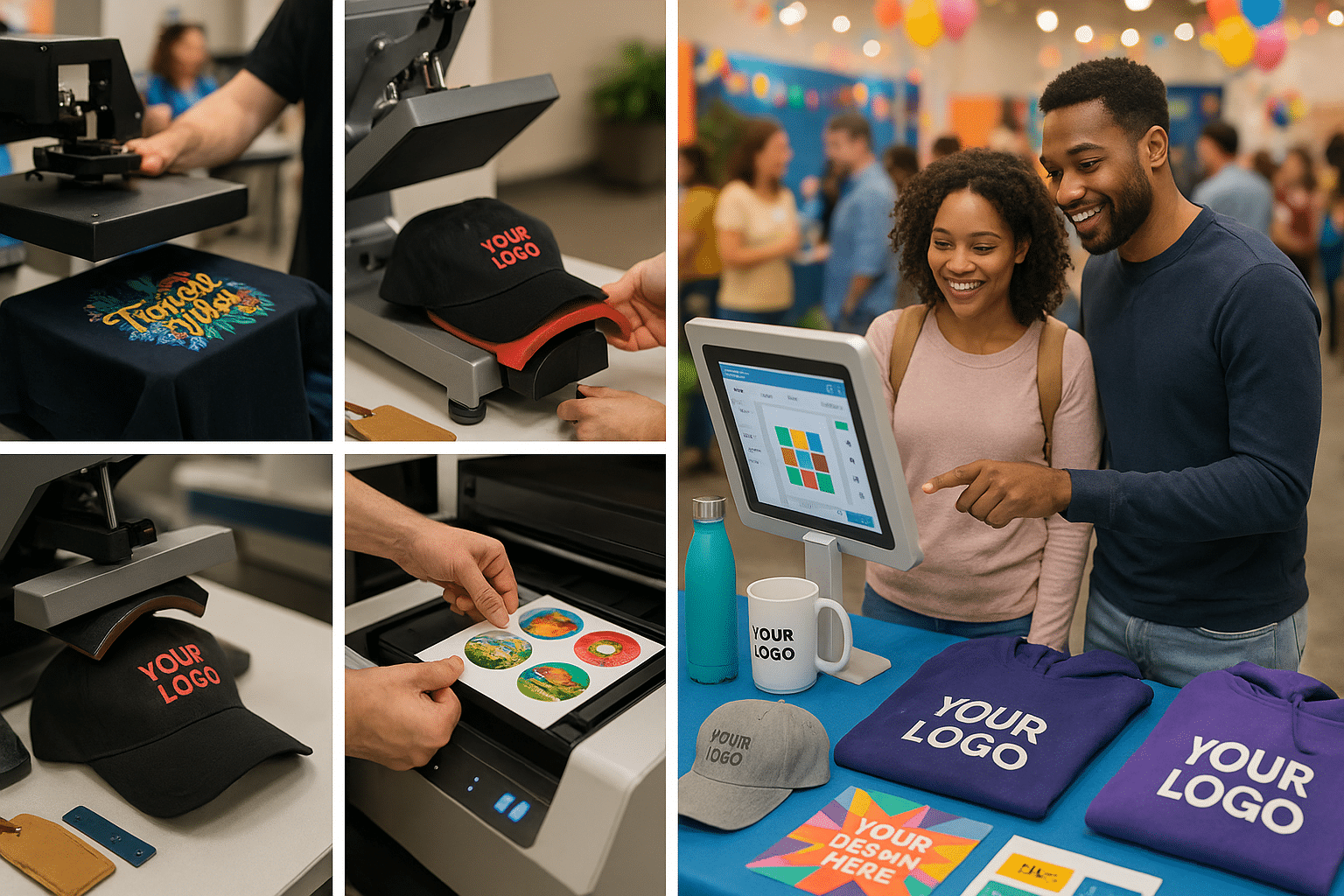Ultimate Event Planning Guide: From Inspiration to Success
Ultimate Event Planning Guide: From Inspiration to Success

Event planning is a multifaceted skill set that requires creativity, organization, and strategic thinking. This article delves into essential tips and trends to create immersive and successful events, while also exploring DIY inspirations and innovative marketing strategies that can capture your audience’s attention.
Event Planning Essentials
Understanding the fundamentals of event planning sets the stage for an unforgettable experience. An essential starting point lies in defining the purpose of your event. Is it a corporate gathering aimed at networking? A wedding celebration filled with joy and personal touches? Each type of event requires a tailored approach to ensure its success. Delving deep into the “why” not only helps in conceptualizing the flow of activities but also assists in budget allocation and team assignment. This clarity is the compass guiding all decisions made throughout the planning process.
Next, identifying your target audience is imperative. Know who will grace your event with their presence, and more importantly, what will pique their interest. If you are planning a launch for a trendy product aimed at millennials, consider integrating experiences like interactive photo booths. A space where guests can snap memorable photos adds layers of engagement, making your event not just a gathering but a cherished experience. Also, by surveying potential attendees in advance, you can harness their feedback to guide aspects such as themes, guest speakers, and even the kind of customizable merchandise that will resonate. Inviting attendees to contribute to the planning process not only creates a sense of ownership but also helps ensure that the event meets their expectations.
Next comes the hard work of crafting a robust planning timeline. Depending on your event size and complexity, timelines can differ. Building a detailed timeline ensures each component is methodically put in place. Consider creating a master checklist indicating critical deadlines for venue selection, catering options, and equipment rental. A well-structured timeline serves as a lifeline, keeping all parties aligned and accountable. Utilize tools designed for event management to streamline collaboration and communication.
Research plays a considerable role in the planning process, particularly when it comes to budgeting. Establishing a clear budget and making informed choices helps to prevent last-minute expenses that can derail your plans. Begin with the fundamental costs associated with your venue, catering, and entertainment options. Don’t overlook the details like permits and insurance, especially for outdoor gatherings. Keeping some room for contingencies within your budget helps alleviate the stress of unexpected costs.
When selecting the perfect venue, consideration of both the physical space and technological support is crucial. Whether you choose a local community center, an upscale hotel, or an outdoor park, ensure the venue aligns with your event’s purpose and audience. Always inquire about necessary amenities such as audiovisual equipment, Wi-Fi access, and catering capabilities. Perhaps most importantly, consider the venue’s flow. An easily navigable space enhances the attendee experience, making everything from registration to mingling simple and enjoyable.
No longer are events simply a matter of attendees sitting passively as they are entertained. Trends now emphasize interactivity and audience engagement. Thoughtfully planned events enable that interaction through games, discussions, and, importantly, customizable merchandise paired with engaging experiences such as photo booths. Include items that attendees can take home, like unique thermal bottles, stylish mugs, or customized hoodies. Such branded merchandise increases recognition and enhances your brand’s visibility long after the event concludes.
When it comes to merchandise, personalization is key. By offering customizable items, you allow guests a chance to feel connected to the event and its purpose. Items like laser-engraved products or personalized luggage tags can serve not just as mementos but as effective marketing material as they might frequently be used in everyday life. Attendees are likely to show off branded gear, creating walking advertisements for your event or brand.
Incorporating interactive elements further elevates the attendee experience. For instance, hiring a photo booth brings fun and a modern twist to any event. Not only does it entertain, but it also provides participants with physical keepsakes in the form of printed photos or digital GIFs, enhancing memories of the day. In the age of social sharing, creating easily shareable moments is invaluable, so consider integrating social media platforms for instant sharing. When researching options about how to rent a photo booth, factor in costs, features such as props, and the length of time the booth is available. Comparing options helps ensure that you find the right fit for your event budget and experience goals.
Don’t overlook the pricing aspect of hiring a photo booth. Understanding photo booth cost can be critical. Typically, costs vary based on features, duration of use, and added services like digital sharing options. Compare packages to stretch your event budget while ensuring that you are not sacrificing quality.
Involve behind-the-scenes insights and success stories from similar events to inspire confidence in your planning decisions. By sharing case studies or testimonials, you can showcase how thoughtful planning and attention to detail can lead to remarkable events. Witnessing the impact of interactive elements or well-chosen merchandise through real-world examples can act as a motivational tool, igniting your creativity for planning memorable experiences.
From starting with a clear purpose to engaging your audience through interactive elements, the dynamics of modern event planning continue to evolve. Adopt the fundamentals and align them with current trends, such as customizable merchandise and photo booths, to create events that resonate, inspire, and leave lasting impressions. Embrace the journey of event planning as not just logistical work but as an opportunity to craft meaningful connections and unforgettable experiences.
Conclusions
In conclusion, successful event planning hinges on detailed organization, creativity, and strategic use of trends and merchandise. By utilizing interactive elements like photo booths and DIY projects, planners can not only enhance attendee experience but also drive memorable branding opportunities for their events.




